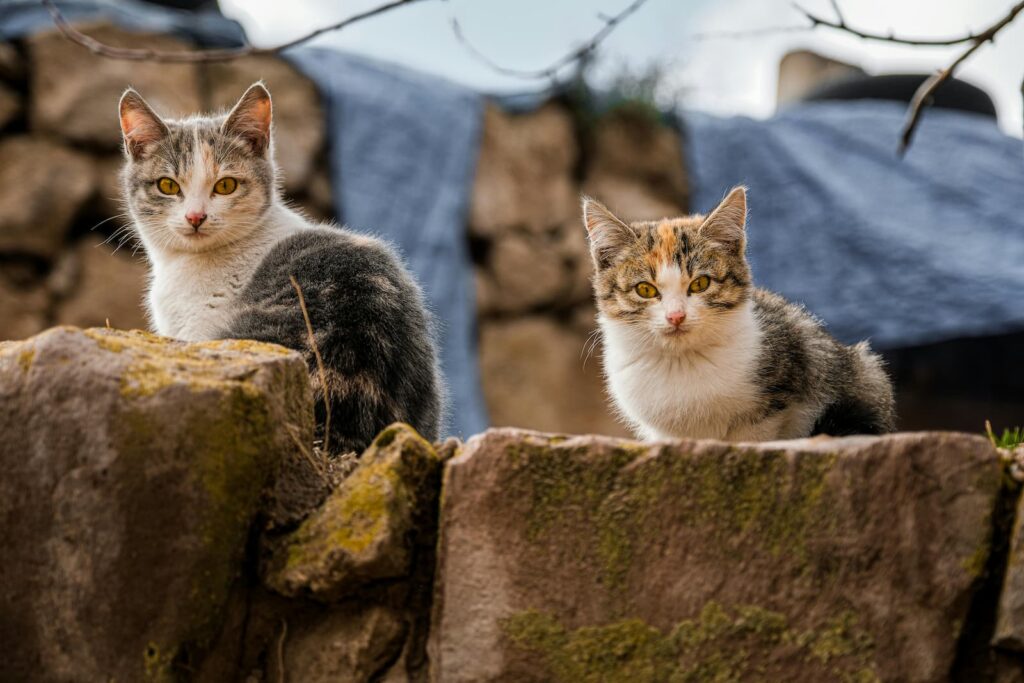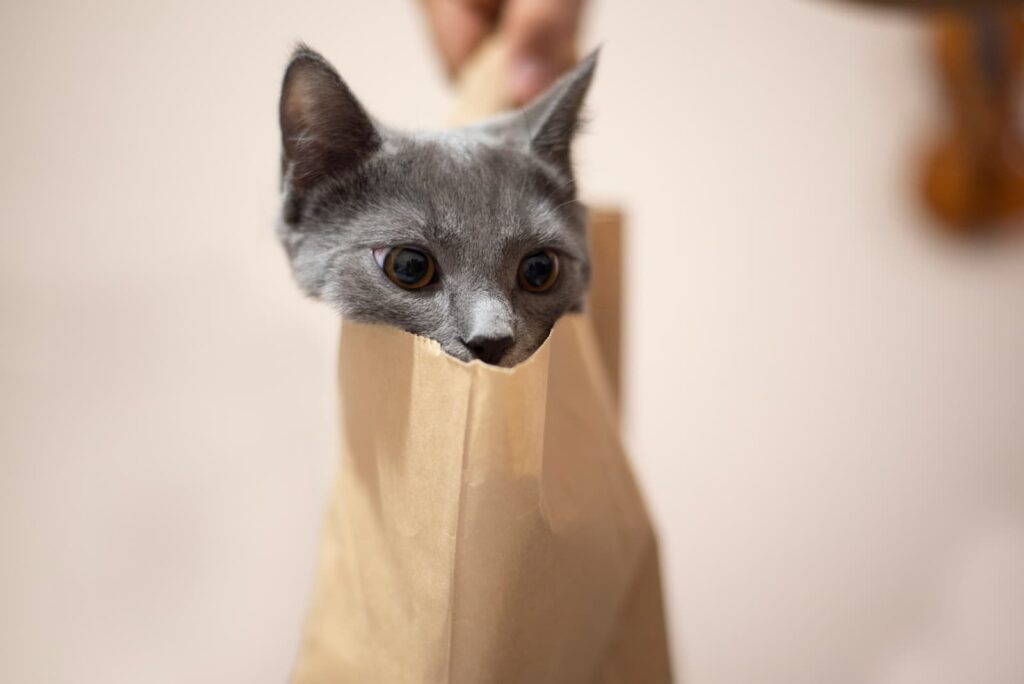Engoo
Republished on (Originally released on )
![10 Useful Cat Idioms in English [Updated] 10 Useful Cat Idioms in English [Updated]](https://assets.blog.engoo.com/wp-content/uploads/sites/9/2022/08/19081759/cat_idioms_cover-1024x683.jpg)
Did you know that August 8 is International Cat Day? To celebrate, we've put together this list of useful English expressions using the word "cat" with examples of how to use them.

Meaning: someone who does what they see someone else do
"Copycat" is the most popular expression on this list. Here are a few situations when people might use it:
But being a copycat isn't always a bad thing! For example, if you really like a specific dish from a famous restaurant, you might look for a "copycat recipe," a recipe that tastes like the original — and sometimes even better.
Related article: Essential English Vocabulary for Cooking
Meaning: a rich and powerful person
This term has a negative nuance since it usually refers to a person thought to have too much money and power. It comes from the idea that fat cats eat more food than other cats, which is unfair.
"Fat cat" is often used to criticize people like CEOs, bankers and the leaders of big tech companies because people think they make more money than they deserve.
Many workers are struggling to earn enough to live while fat cats are becoming richer than ever!

Meaning: to share a secret (sometimes by accident)
Imagine that you and your friends are planning a surprise birthday party for someone, but you accidentally tell the birthday person about it. Your friends would be angry at you for "letting the cat out of the bag."
We tried to keep the party secret from Jeff, but Anna let the cat out of the bag. Our plans are ruined!
Meaning: a woman who has many cats
Some people think cat ladies are crazy, which is why this expression is often used negatively. However, cat lovers who are women sometimes use the phrase to talk about themselves.
One of the most famous cat ladies in the world is a woman in the US who takes care of over 1,000 cats in her home.
Meaning: a situation in which one person tries to escape while another person chases them
This idiom refers to the fact that cats will always chase mice, and mice will always try to get away.
We usually say that people "play a game of cat and mouse" or "play a cat-and-mouse game."
For example, the police may play a game of cat and mouse with a criminal they're trying to find and arrest. The longer this situation continues, the more likely we are to use this idiom to describe it.
Meaning: a situation in which it's difficult to gather people together
If you herd a group of animals, you get them to move together in the same direction. For example, farmers herd sheep.
However, cats are very independent; they won't let people tell them where to go. So if you have a hard time managing a group of people, you can say it's "like herding cats" or "as easy as herding cats."
Getting my three kids ready for school each morning is like herding cats!
Meaning (noun): loud, rude noises to get someone's attention
Meaning (verb): making these kinds of noises
This word was originally used to describe the sounds people made in theaters when they weren't happy with an actor on stage.
These days, catcalling usually refers to a kind of public harassment in which someone (usually a man) makes rude sounds at a stranger (usually a woman) on the street. This is unfortunately a problem in many big cities.
Sharon gets annoyed by all the catcalls she gets when she's out walking her dog.
Meaning: a cool person, someone you like
This casual expression has a positive nuance and usually refers to people who have a relaxed or easy-going personality.
You should meet my friend Max. He's a cool cat.
Here's a video of former US President Barack Obama using the phrase to introduce a friend on stage:
Meaning: being too curious can lead to trouble
This phrase comes from the fact that cats are curious animals, and sometimes their curiosity gets them into dangerous situations.
You'll often hear this proverb used as a warning. For example, if you think that your neighbor is doing something illegal and you want to find out more, a friend might warn you by saying, "It's better not to know. Curiosity killed the cat, you know!"
Related article: Words of Wisdom: 14 English Proverbs for Better Living
Meaning: "Why aren't you talking?"
This phrase is short for "Has the cat got your tongue?" We use it when people are silent or have trouble responding to questions — often because they're nervous or hiding something.
This expression can sound rude, so be sure to use it carefully!
If you like cats and want to boost your language skills, take a private lesson on Engoo! You can chat with one of our cat-loving tutors, and you can even study using materials based on cats! Here are a few to get you started:
